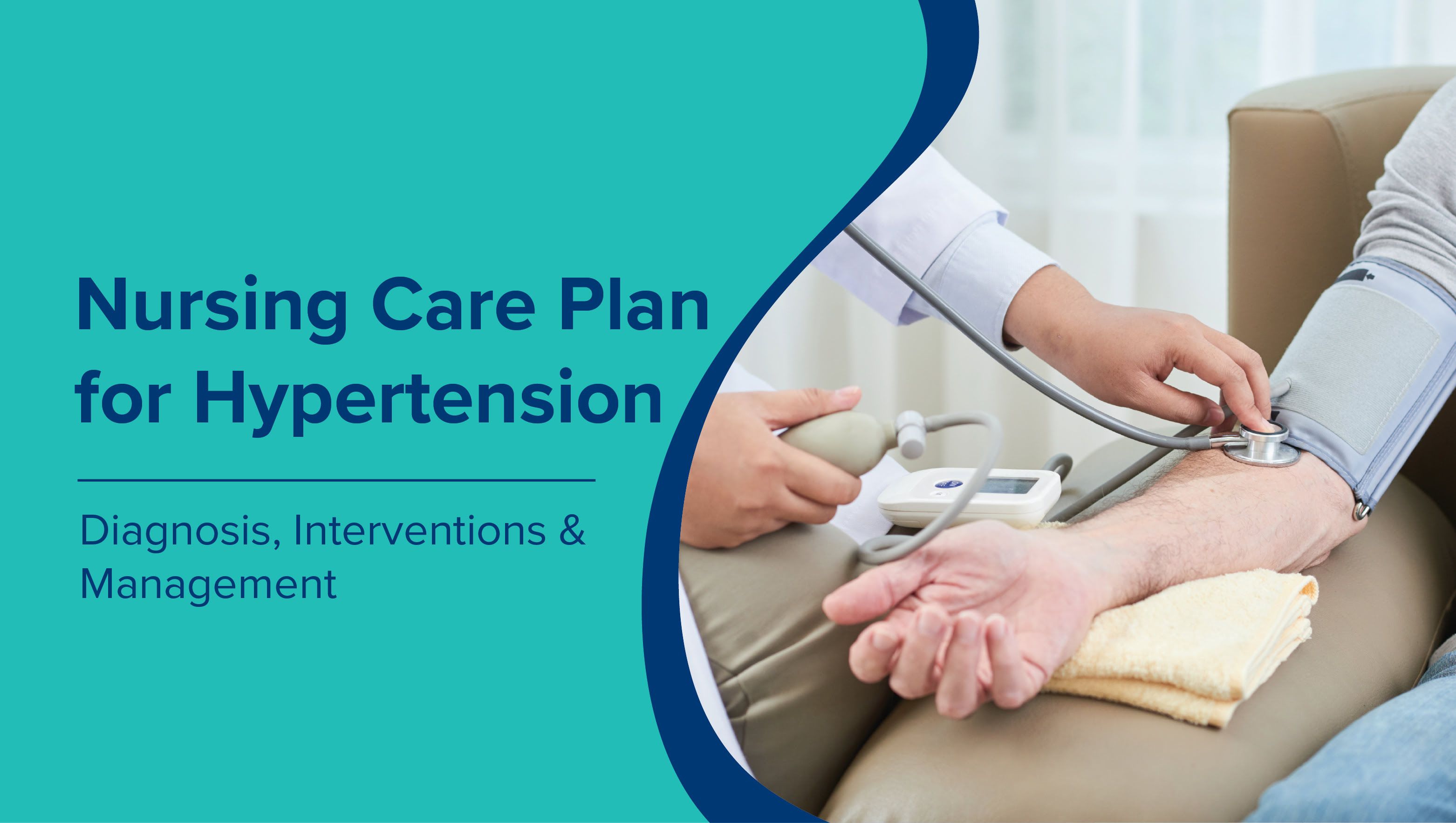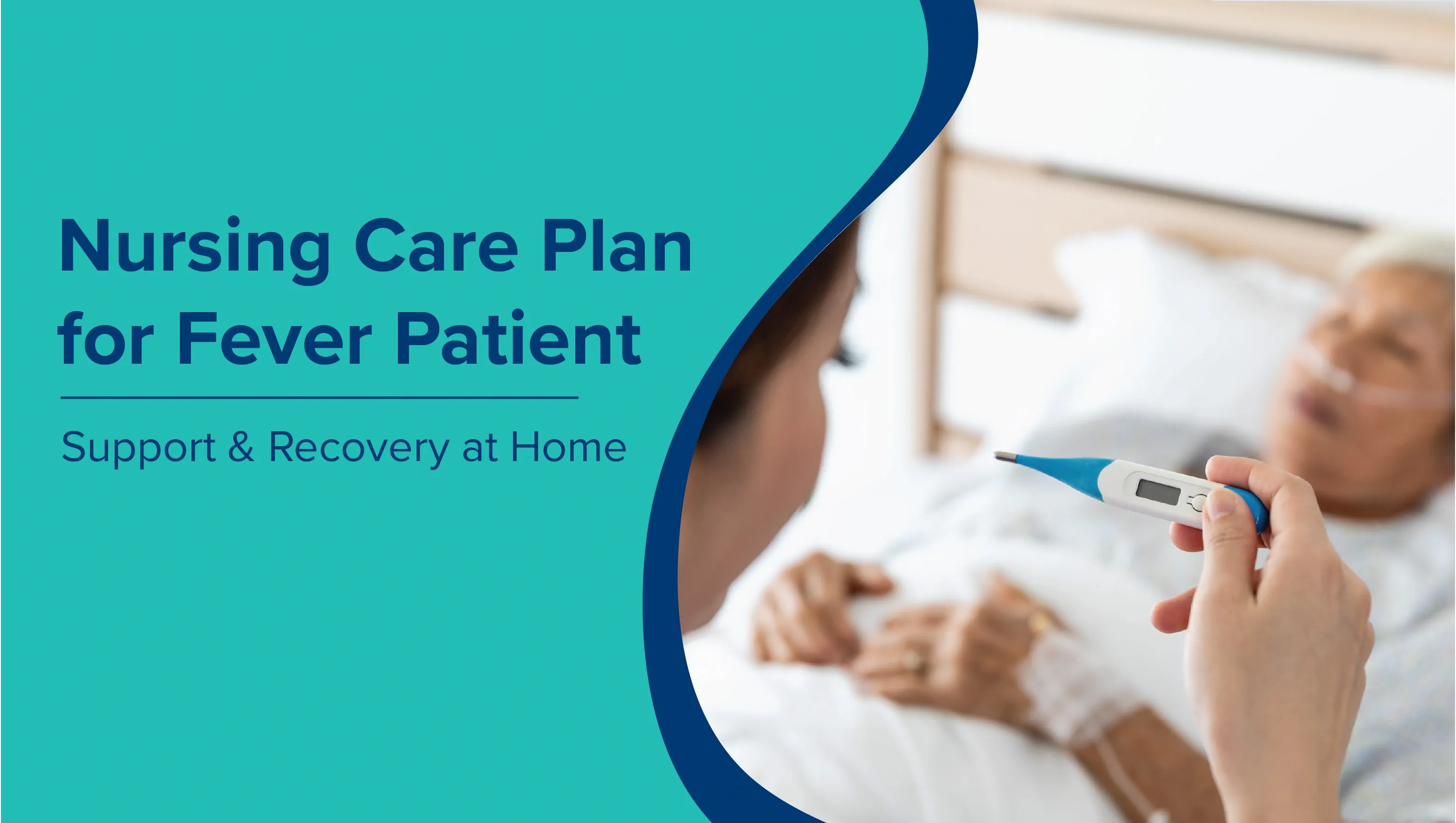Caring for a bedridden loved one at home comes with unique challenges and requires constant attention, compassion, and medical awareness. Whether due to a chronic condition, injury, or old age, individuals confined to bed need specialised support to maintain their health, hygiene, and overall comfort. Without the right approach, even routine care can lead to complications such as infections, pressure sores, and nutritional deficiencies. To help ensure your loved one receives the best possible care, in this article, we offer a structured approach to nursing care for bedridden individuals at home, exploring essential areas such as hygiene, nutrition, positioning, emotional well-being, and when to seek professional support for a safer, more effective care.
Understanding the Needs of Bedridden Patients
Bedridden patients often face a range of physical and emotional challenges that require consistent, well-informed care. Their day-to-day needs typically include:
-
Physical support to manage immobility-related issues such as stiffness, muscle weakness, and pressure injuries.
-
Skin integrity care, as prolonged contact with bedding increases the risk of bedsores.
-
Assistance with digestion and excretion, since reduced mobility can lead to constipation and urinary problems.
-
Respiratory monitoring, especially in patients who remain in a lying position for extended periods.
-
Psychological support, including mental stimulation and emotional encouragement to prevent isolation and depression.
Hygiene Care for Bedridden Patients
Maintaining hygiene for bedridden patients is essential to prevent infections, reduce discomfort, and promote overall well-being. Since they cannot care for themselves, even basic hygiene tasks require thoughtful planning and consistency. Key aspects of hygiene care include:
-
Bed baths and skin care: Use lukewarm water and mild soap to gently cleanse the body. Pay attention to skin folds and pressure points. Moisturise regularly to prevent dryness and cracking.
-
Oral hygiene: Brush the teeth or clean the mouth twice daily. For patients unable to rinse, use soft swabs or gauze dipped in antiseptic mouthwash to clean the gums, tongue, and cheeks.
-
Hair and scalp maintenance: Use no-rinse shampoo caps or dry shampoos to clean the hair. For long-term care, regular combing and trimming help maintain scalp health.
-
Changing clothes and linen: Replace clothing and bedsheets daily or immediately if soiled. This helps avoid skin irritation, foul odours, and microbial growth.
-
Preventing bedsores: Clean and dry the skin thoroughly, especially after any incontinence episodes. Use barrier creams and pressure-relieving cushions as needed.
Nutrition and Hydration Guidelines
Proper nutrition and hydration play a critical role in maintaining the health of bedridden patients. A well-balanced diet not only supports recovery and immunity but also helps prevent complications like constipation, muscle wasting, and dehydration. Important considerations include:
-
Balanced and tailored meals: Meals should be rich in proteins, vitamins, and minerals while meeting any specific medical or dietary restrictions. Soft or semi-solid foods are often easier to digest for those with limited appetite or swallowing difficulties.
-
Adequate fibre intake: Include sources of dietary fibre such as fruits, vegetables, and whole grains to support digestion and prevent constipation.
-
Hydration support: Encourage regular fluid intake, even in small sips, to maintain hydration. Use straws or assisted cups for patients with limited mobility. Monitor urine output and signs of dehydration.
-
Feeding assistance: Some patients may need help with feeding or require enteral feeding through a tube. In such cases, hygiene and timing are especially important to prevent infections and aspiration.
-
Nutritional monitoring: Keep track of weight changes, appetite levels, and any signs of nutritional deficiencies. Consult a dietitian or doctor for personalised plans when necessary.
Mobility and Positioning Techniques
Even though bedridden patients cannot walk or sit for long periods, regular repositioning and mobility exercises are essential to prevent complications such as pressure sores, poor circulation, and joint stiffness. Effective techniques include:
-
Frequent repositioning: Turn the patient at least every two hours to relieve pressure on vulnerable areas such as the back, hips, and heels. Alternate between back, side, and semi-prone positions as recommended by a healthcare provider.
-
Supportive aids: Use pillows, wedges, or foam pads to maintain proper posture and alignment. Special air or water mattresses can help distribute pressure evenly and reduce skin breakdown.
-
Passive range-of-motion exercises: Gently move the patient’s limbs to maintain joint flexibility and muscle tone. These exercises help reduce stiffness and improve blood circulation.
-
Elevation for circulation: Slightly elevate the legs with a cushion to reduce swelling. Ensure the head is properly supported when the patient is semi-upright to assist breathing and digestion.
-
Safe lifting and handling: Always use correct techniques or mobility aids to move patients. Sudden or improper movements can cause injury to both the caregiver and the patient.
Medication and Medical Monitoring
Managing medications and keeping track of health indicators are essential parts of nursing care for bedridden patients. Since many patients may be on multiple prescriptions or have chronic conditions, accuracy and vigilance are crucial. Core responsibilities of a caregiver include:
-
Timely medication administration: Follow the prescribed schedule strictly, including dosage and timing. Use a pill organiser or chart to prevent missed or double doses.
-
Monitoring vital signs: Regularly check temperature, blood pressure, heart rate, and oxygen levels. Record these readings to help healthcare providers assess progress or detect early signs of complications.
-
Tracking fluid and output levels: Keep a log of water intake and urine/stool output, especially if the patient is on diuretics or has renal concerns. Sudden changes may require medical attention.
-
Observing for side effects or new symptoms: Watch for allergic reactions, drowsiness, or digestive issues after administering medication. Note any unusual changes in the patient’s condition and report them to a doctor.
-
Wound and skin monitoring: For patients with bedsores or surgical wounds, inspect the site regularly for signs of infection or delayed healing.
Emotional and Mental Health Support
Prolonged immobility can take a toll not just on the body, but also on the mind. Bedridden patients often experience feelings of isolation, frustration, or anxiety, which can impact their recovery and quality of life. It is the caregiver’s responsibility to address these emotional needs with patience and empathy. Support strategies for emotional and mental health of a bedridden loved one include:
-
Providing regular interaction and companionship: Caregivers should initiate meaningful conversations, spend time with the patient beyond just routine care, and encourage visits from family and friends to foster a sense of connection.
-
Engaging the patient in mental stimulation: Activities such as reading, music, puzzles, or spiritual discussions can be introduced based on the patient’s interest and cognitive ability. These not only reduce boredom but also uplift the mood.
-
Promoting a sense of independence and self-worth: Involving the patient in small daily choices—such as selecting their meal or clothing—helps maintain their dignity and gives them a sense of participation in their care.
-
Monitoring and responding to emotional changes: It is important for caregivers to observe signs of depression, anxiety, or emotional withdrawal and report them to a healthcare professional if they persist. Early intervention can prevent further deterioration.
-
Caring for the caregiver: Emotional support is equally vital for caregivers. Seeking help, taking scheduled breaks, and sharing duties can prevent burnout and promote more effective, compassionate care.
Essential Nursing Tips for Caregivers
Caring for a bedridden patient requires more than clinical knowledge—it demands organisation, empathy, and attention to detail. These essential tips can help caregivers provide safer and more effective care at home. Key recommendations include:
-
Establish a daily care routine: A consistent schedule for hygiene, meals, medication, and rest helps maintain structure and reduces confusion for both the patient and caregiver.
-
Use clear and respectful communication: Speak gently and explain each step while assisting with care tasks. This builds trust and eases anxiety, especially during sensitive procedures like bathing or repositioning.
-
Keep detailed care records: Maintain a simple log of medications, food intake, vital signs, skin condition, and behavioural changes. These records are useful for doctors and help track progress or spot problems early.
-
Maintain a clean and hazard-free environment: Ensure the patient’s space is tidy, well-ventilated, and clutter-free. Keep essential items like water, call bells, or tissues within easy reach to promote comfort and safety.
-
Know when to seek professional help: If the patient develops bedsores, has difficulty breathing, shows signs of infection, or displays sudden mood changes, consult a healthcare provider promptly. Recognising red flags early is part of responsible caregiving.
When to Consider Professional Home Nursing Services
While many families manage home care independently, there are times when professional nursing support becomes essential. Trained nurses bring medical expertise, consistency, and relief for caregivers, especially in complex or long-term cases. Professional services may be required when:
-
Medical needs become complex: If the patient needs wound care, injections, catheter management, or feeding tube support, trained nurses can perform these tasks safely and hygienically.
-
There are signs of caregiver burnout: Fatigue, stress, or lack of sleep can affect a caregiver’s ability to provide effective care. Engaging professional help allows family members to rest and focus on emotional support.
-
Recovery involves rehabilitation or physiotherapy: For patients recovering from surgery, stroke, or injury, professional caregivers can provide supervised exercises and mobility support to aid recovery.
-
Monitoring becomes frequent and detailed: Patients requiring regular vitals tracking, medication adjustments, or condition-specific protocols benefit from a trained eye and medical oversight.
-
Emergency preparedness is needed: Skilled nurses are trained to detect early warning signs and manage health crises promptly until hospitalisation becomes necessary.
Book Professional Nursing Care at Home
Caring for a bedridden patient is a journey that requires patience, skill, and emotional strength. While family caregivers form the foundation of home care, professional nursing support can enhance safety and quality, especially when health needs become complex. If you are looking for expert nursing care at home that prioritises patient dignity, clinical accuracy, and timely support, MaxAtHome is here to help. Our experienced nursing professionals provide hospital-quality care in the comfort of home, ensuring safety, comfort, and personalised medical attention. From post-surgical support to chronic condition management, MaxAtHome offers dependable care tailored to each patient’s unique needs.
To book professional nursing care with MaxAtHome, call us at 09240299624 or schedule the service online through our easy-to-use booking platform.
Frequently Asked Questions
Q: What are the signs of bedsores and how can they be treated?
Bedsores, or pressure ulcers, often begin as red, painful areas on bony parts of the body such as the hips, back, or heels. As they worsen, they may form open wounds. Treatment includes frequent repositioning, keeping the skin clean and dry, applying prescribed ointments, and using pressure-relieving cushions or mattresses.
Q: How often should a bedridden patient be repositioned?
Ideally, patients should be repositioned every 2 hours to prevent pressure sores and improve blood circulation. This may vary based on individual health conditions and skin integrity.
Q: Can a caregiver manage hygiene care alone at home?
Yes, basic hygiene care can be managed by caregivers with the right guidance and supplies. However, for patients with high-risk conditions or mobility issues, assistance from trained professionals may be necessary.
Q: What foods should be avoided for bedridden patients?
Foods high in salt, sugar, and saturated fats should be limited, especially for patients with heart, kidney, or diabetic concerns. Processed foods and those difficult to digest should also be avoided unless approved by a doctor.
Q: How can I find reliable nursing care services near me for a bedridden patient?
Search for accredited home healthcare providers that offer professional nursing care. Look for services with experienced staff, flexible care plans, and positive reviews. Ensure the provider offers services in your area and supports home visits for bedridden patients.
Q: How can one prevent depression in long-term bedridden patients?
Regular interaction, mental stimulation, involvement in daily decisions, and a supportive environment can help prevent emotional decline. If symptoms persist, counselling or medical intervention may be necessary.















